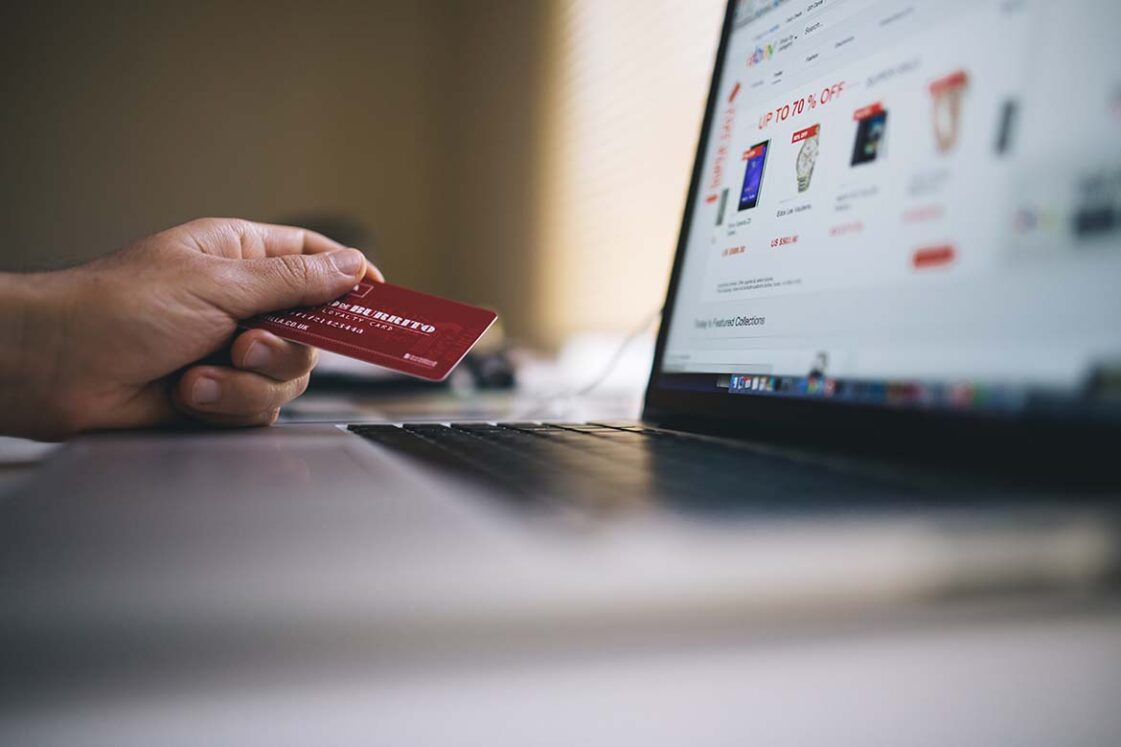
Using a credit card has many advantages. For example, it can include various travel insurance policies if you pay for your trip with your credit card or various discounts on things like rental cars, hotels and petrol.
A credit card also gives you interest-free credit, as long as you pay your monthly bill before it is due.
Last but not least, you don’t risk losing your money if you are robbed, as long as you haven’t been careless and report the theft as soon as possible. If you lose your cash, that’s a different matter.
But there are disadvantages to a credit card too.
If you use it to buy things on credit that you can’t really afford, it can lead to a debt trap where you need to use the credit every month to afford the interest and repayments on the credit card.
So now let’s look at some ways to avoid credit card debt.
Be Honest with Yourself
The first and perhaps most important piece of advice is to be honest with yourself. If you know you’re struggling to hold onto your money and your salary always runs out before the next one comes in, switch to a debit card that you can only use if you have money on the card.
Save Up a Buffer
Try to build up a buffer that you can use in case of unforeseen events. A good savings goal is to keep a monthly salary in a separate account, so you don’t have to use the credit if your car breaks down. If you find it difficult to save a tenth of your salary each month, make a budget and see where your money goes. Maybe you eat lunch out every working day? If you can bring in a homemade salad, for example, that alone could save you more than £1,500 a month. Do you need your car or can you sell it and use public transport? A few hours of budgeting can do wonders.

Pay Your Bill on Time
When you receive the invoice for the purchases you made during the month, pay the full amount before the due date to avoid interest charges and fees.
Buy Only What You Can Afford
Avoid buying things you can’t afford in cash unless it’s absolutely necessary. If you can’t afford to pay for it now, you can’t really afford to buy it at all.
Pay Off Debts As Soon As Possible
If you’ve been forced to use credit after all, try to cut back on spending and pay off the debt as quickly as possible. If your finances are so bad that you’re struggling to catch up, see if there are other ways to solve it. Maybe you have something at home that you can sell on the block? See if there’s an extra job for a few hours a week? Do you have family or friends who can help you with an interest-free loan?
Don’t Use the Credit for Cash Withdrawals
Don’t use your credit to withdraw cash at an ATM. If you run out of your own money, you have outlived your resources. Time to review your finances. Go back to advice five and advice two.
Don’t use Your Credit for Major Expenses
If you have an unforeseen major expense that is beyond your control, let’s say the boiler needs replacing, don’t use your credit. See if you can take out a bank loan instead. After all, there’s quite a difference between the interest rate on a credit card and a bank loan. If you are a union member, there are favourable member loans available from a number of banks. Here the interest rate can be about 10% lower than on a credit card and some have neither a cancellation fee nor a set-up fee.

Don’t Get More Than One Credit Card
The more cards you have, the more credit you can use. Even if you think you can manage your finances, it’s a good idea to limit the temptation to shop on credit. If you’re thinking of getting a new one to pay off your old one, you’re in trouble; instead, contact your bank and tell them what happened, review your expenses and see what you can cut back on.
Don’t Take Out Expensive Loans
SMS loans or quick loans are something you should never even consider. Credit cards have an APR between 10-25%, but SMS loans can be over 50%. If you are even considering this, you should contact your local authority debt adviser directly.
Don’t Lend Your Credit Card
Never lend your credit card to someone else. No matter how well you think you know that person, it means you have no control over what happens.
Contact the Creditor
Last but not least important. Should you find yourself in a situation where you have used your credit, the day comes when you have to pay interest and repayments, and you cannot pay. Don’t bury your head in the sand, get in touch with the creditor and tell them what’s going on. They want to help so that you can avoid further problems.
Final Words
To avoid credit card debt, as with other debts, the most important thing is to keep your finances in order. In the long run, you can’t spend more than you have as income. Go through your expenses, make a budget and stick to it. Pay what you buy on your credit card as soon as the monthly bill arrives to avoid interest and charges.
If you do use the credit, pay it off as soon as possible. And if it happens often, switch to a debit card. And whatever happens, don’t get new credit cards or SMS loans to pay off old ones. Instead, get in touch with your bank and your local authority debt adviser.